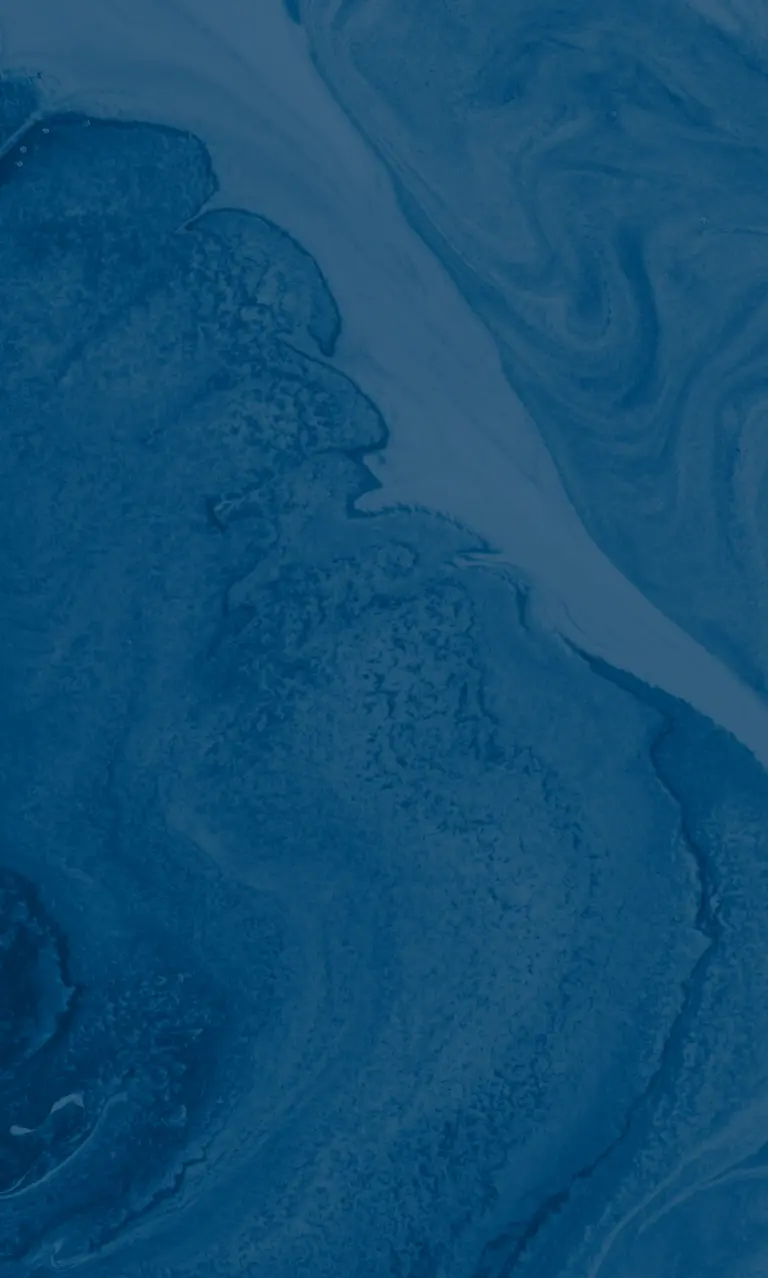IMPALA Assessing the impact on microplankton of deepwater upwelling in the subsurface of an Ocean Thermal Energy plant
The aim of the IMPALA project is to study the effects that could result from deepwater upwelling in the subsurface of an Ocean Thermal Energy plant in Martinique.
The chemical composition of bottom water, which is quite different from that of the water normally present in the subsurface, and the fact that bottom water cools the subsurface water as it leaves the exchanger mean that it could be responsible for modifying the functioning of the ecosystem in the locality, in the same way as creating an artificial upwelling.
The IMPALA project involves studying the possible physical, chemical and biological disturbances associated with OTE waste and characterising their potential effects on the microbial and phytoplankton communities, and on the biogeochemical fluxes. The project will combine modelling and biogeochemical studies based on field observations and in-situ and laboratory experiments.
The innovative nature of this project lies in its multidisciplinary approach:
- Field campaigns in Martinique at the Bellefontaine site where the future pilot OTE plant will be located, establishing a baseline for the system and a knowledge of seasonal variability and making it possible, using microcosm studies, to reproduce the waste and to study the potential impact in situ,
- Lab cultures will simulate the impact of variations in key environmental parameters on the dominant phytoplankton species at the Bellefontaine site,
- Modelling, combining ocean dynamics and biogeochemical processes, will simulate the status of the Bellefontaine site during the operating of the OTE plant.
Partners
Centres de recherche
- UBO-LEMAR, Brest
- LEGOS, Toulouse
- France Energies Marines / Université de Bretagne Occidentale, Brest [Porteur de projet]
Entreprise
- Naval Group, Brest, Lorient, Toulon et Nantes-Indret
- DCNS Brest, Lorient et Angoulême
Funders
- France Energies Marines (ANR)
